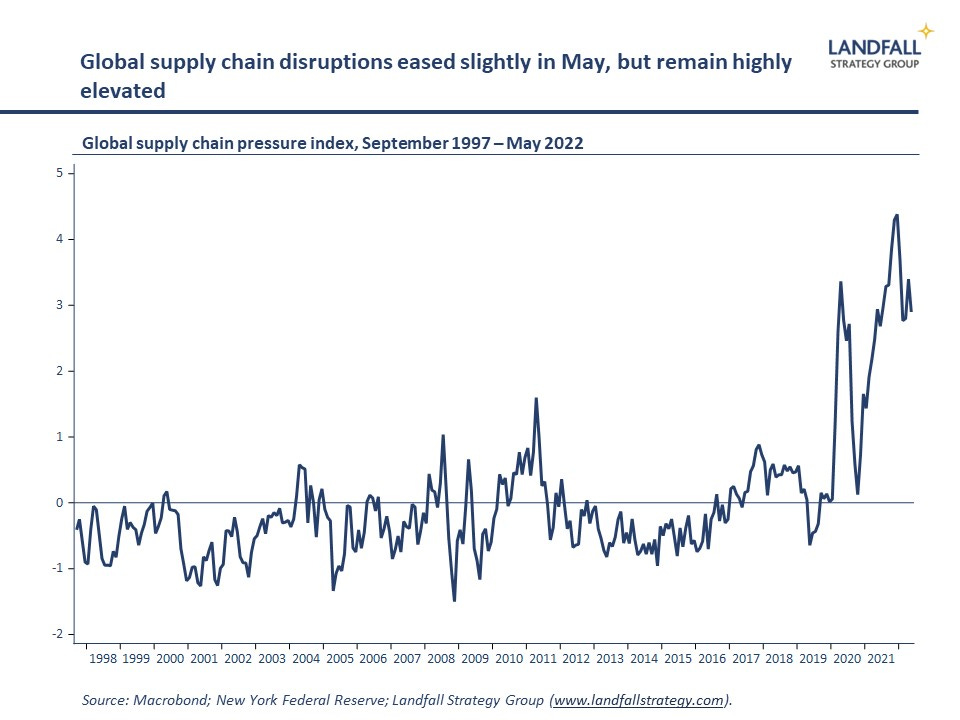Geography is not history
The pandemic coupled with geopolitical tensions, net zero, & technology will structurally change the economic geography of globalisation.
Global economic geography has become more distributed over the past several decades, with global supply chains knitting together global production networks. But disruptions from the pandemic, combined with rising geopolitical rivalry and the net zero transition, will structurally change the geography of globalisation.
Recent global supply chain disruptions have reminded that far-flung supply chains are a source of economic risk. And weakening labour cost advantages in many emerging markets and the enhanced ability to use technology to produce closer to home reduces some of the attraction of global supply chains.
This increasingly regional global economy will be reinforced by geopolitical frictions, with decoupling likely to become more pronounced. Increasingly, trade and investment flows will be shaped by political relations; and a more fragmented global economy is likely.
Further reinforcement is likely from the net zero transition. The growth in renewable energy, which tends to …


